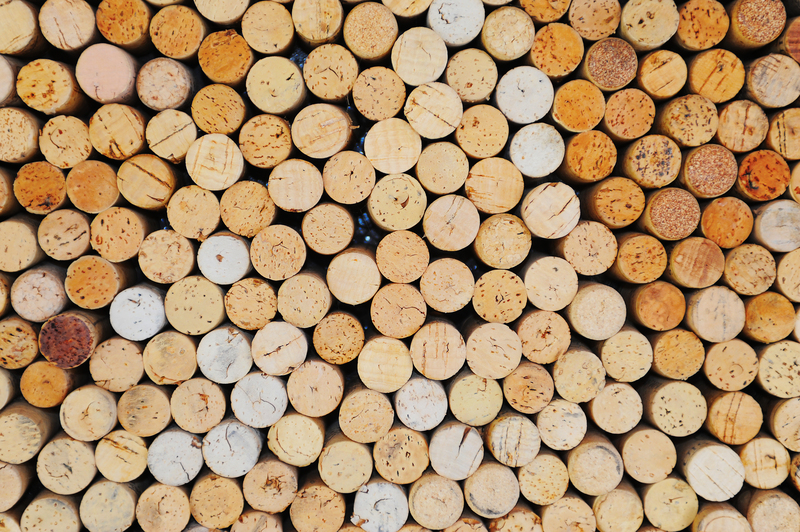Health Benefits of Recycling
Posted on 26/12/2023

Recycling is the process of collecting and processing materials that would otherwise be thrown away as trash and turning them into new products. It takes less energy to recycle something than it does to create a brand new item from raw materials, and it plays a key role in helping preserve the environment. While most people know about the environmental benefits of recycling, there are also many health benefits associated with this sustainable practice.
First and foremost, recycling reduces air pollution caused by producing new items from raw materials. For example, when paper is manufactured using wood, emissions such as carbon dioxide, methane and other volatile organic compounds can be released into the atmosphere. Those emissions contribute to respiratory diseases, heart disease and even cancer in humans. By recycling paper instead of making it from fresh materials, those emissions can be drastically reduced. In fact, according to the Environmental Protection Agency (EPA), recycling one ton of paper can save up to 7,000 gallons of water and 17 trees.
Recycling also helps reduce water pollution caused by improper disposal of hazardous materials like lead acid batteries or electronics containing mercury or cadmium. In addition to these pollutants entering our soil and groundwater supplies, they can also end up in our air via evaporation or exhaust from factories where incorrect disposal occurs. By recycling hazardous materials instead of dumping them in landfills, we can prevent these pollutants from adversely affecting our soil, water and air quality.
The health benefits of recycling extend beyond our environment and into communities around the world. Recycling can help create jobs for local citizens who might otherwise have difficulties finding employment opportunities due to economic hardship or educational levels. These newly created jobs can provide steady income for individuals and families living in poverty-stricken areas, offering health coverage or better access to nutritious food options, which can improve overall well-being.
Finally, recycling is a great way to help conserve natural resources, which are quickly being depleted due to overuse or waste. If we continue relying on nonrenewable resources like coal, oil or natural gas, then eventually those resources will become too expensive or scarce altogether leading to higher energy costs as well as pollution levels that could be dangerous for human health. But by reusing items that would normally take hundreds or thousands of years to decompose naturally instead of creating them all over again from scratch, we are doing our part to ensure future generations won't have to worry about the shortages we currently face today.
In conclusion, there are numerous health benefits associated with recycling on both an individual level as well as a global scale. Reducing air and water pollution caused by manufacturing processes protects us from respiratory issues and other illnesses while conserving natural resources prevents long-term shortages that could drastically affect our way of life in the future. On top of that, creating jobs in disadvantaged communities gives individuals an opportunity to earn an income, so they can afford basic necessities like healthy food, which increases their overall well-being further down the road. All these small acts add up to make a tremendous difference for not just ourselves but for generations yet unborn - making recycling a practice everyone should get behind!

Latest Posts
Enhance Business Efficiency with Waste Collection

